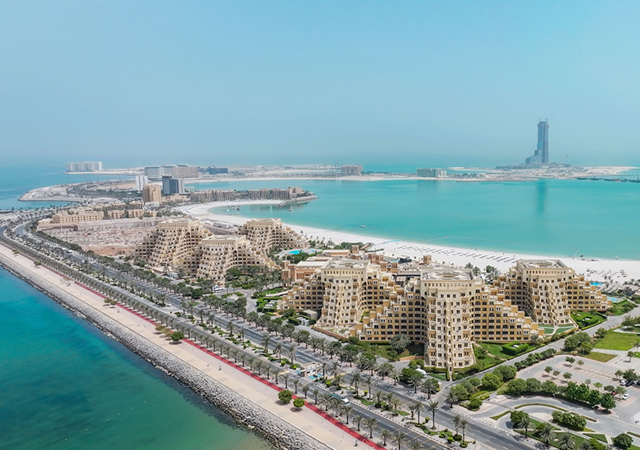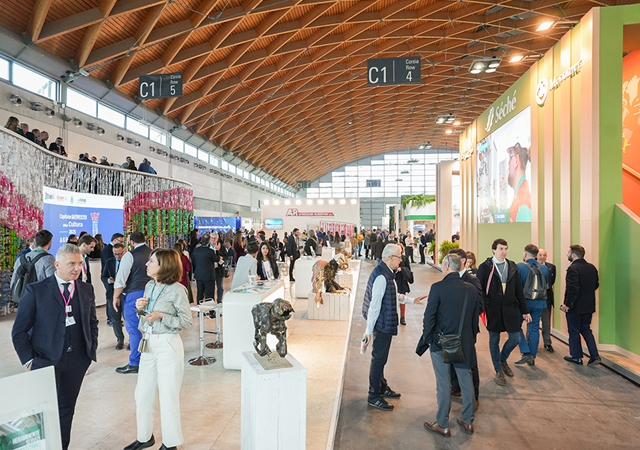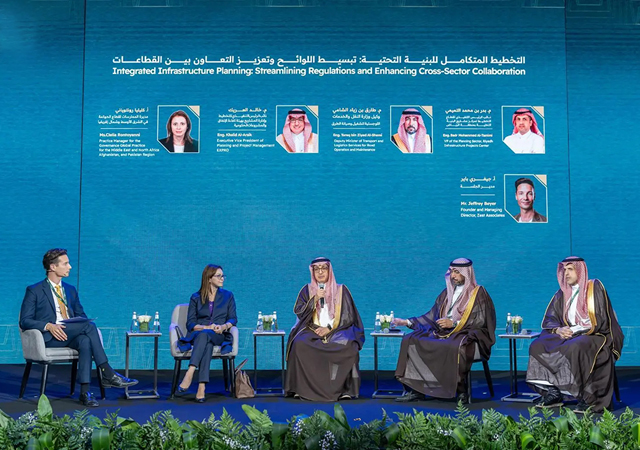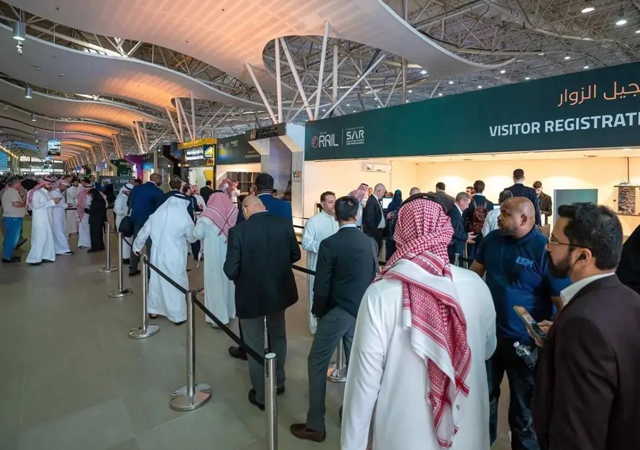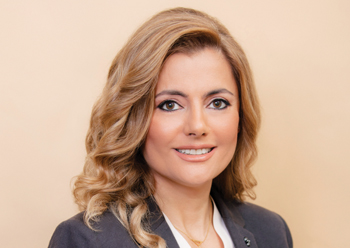
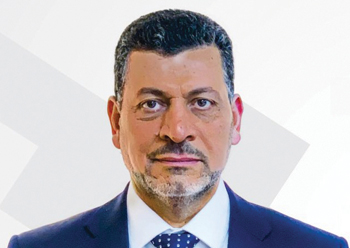 Dr Adel ... the current projects in Saudi Arabia are unique and non-conventional.
Dr Adel ... the current projects in Saudi Arabia are unique and non-conventional.
I believe it is imperative to consider alternative methods of procurement during boom times, and the current boom in Saudi Arabia is unprecedented in terms of the types, size, nature, and complexity of projects announced in line with the kingdom’s Vision 2030 programme. This necessitates giving due consideration to the supply chain and type of procurement as otherwise there will be resource shortages.
The supply chain for big developments starts with the idea in the client’s mind, followed by a feasibility study, then procurement of the right masterplanners, then the specialised consultants/designers for the various components of the development as well as the project management (PM) and cost consultancy companies, then the procurement of construction companies. Any breakdown or interruption in the supply chain will affect project delivery, so one has to prepare for contingencies all the time and target multiple firms/companies/suppliers for the required resources and skillsets.
We realise that many of the current projects in Saudi Arabia are unique and non-conventional and, therefore, it might not be easy to find companies that have worked on similar projects and hence have a wealth of lessons learned from such projects.
Nonetheless, there is a need to find solutions for the expected shortages of material, skilled workers, specialised consultants, designers, supervision consultants, and project managers once all the kingdom’s mega- and giga-projects are launched. Naturally, it is not enough to look for resources locally or even regionally to cope with such complex projects and clients need to reach out to where such resources are available globally either due to a slowdown in certain regions or due to the completion of similar projects – even though, to a certain extent, these new projects are unique and non-conventional to find resources.
This is what Hill International did when there were shortages of resources in the UAE at the time of the boom. Its team travelled long distances and held open days in countries such as Singapore, Malaysia, and the UK to recruit. I am talking mainly about PM services, but the same approach applies for other services and resources.
Clients are aware of these challenges and when they sign contractors, they try to get them to procure material early because of the possible increases in material prices. I am aware of contracts that have been signed but later stopped because the contractors realised they couldn’t continue at the agreed price.
Another factor that makes a difference in the supply chain is the type of machinery and equipment required for certain projects as they can be different from standard equipment and machinery. I remember using gigantic shovels, bulldozers, and dumpers when I worked on road construction projects in west Wales in 1983 and 1984 – basically machinery that we don’t usually see in normal construction sites. Such machinery would save a lot of time and money, particularly when it comes to muck shifting and large excavation quantities.
Also, use of the latest technology and different types of construction methods to achieve the required quality of work and meet schedules must be considered.
Saudi Arabia is still the place to be at the present time with all the ongoing exciting projects, despite these associated challenges. These projects simply require professionals who believe in turning ideas and dreams into reality and Hill International has had the honour to work on many iconic projects in the region, including the Palm Jumeirah.
One needs to be aware that procuring consultants who have no previous experience in the region may ultimately be costly as sometimes they specify certain items and perhaps recommend certain suppliers that they have worked with in their countries while the same material may be found locally at better quality and lower cost.
I was asked about cost-plus contracts and my response was that cost-plus contracts were used previously on many projects in Saudi Arabia. However, the risk for such contracts rests with the client and sometimes the cost climbs much more than expected. That’s why financiers prefer lump-sum type contracts.
Nonetheless, I can see this type of contract being used for fast-track projects with very tight schedules, for instance, to meet deadlines for facilities required for international or regional sport events where the readiness of such facilities cannot be delayed. In any case, the evaluation and selection of contractors needs to be done with extreme diligence.
One other form of contracts is design-build where it’s essential to get the contractor and the designer working together from day one. Hill often managed this type of project delivery even before the boom with contractors and big-ticket subcontractors because the method can reduce costs by doing value engineering right at the start of the project.
* US-headquartered Hill International is a leading programme, project, and construction management company that has helped clients deliver thousands of projects across the world.




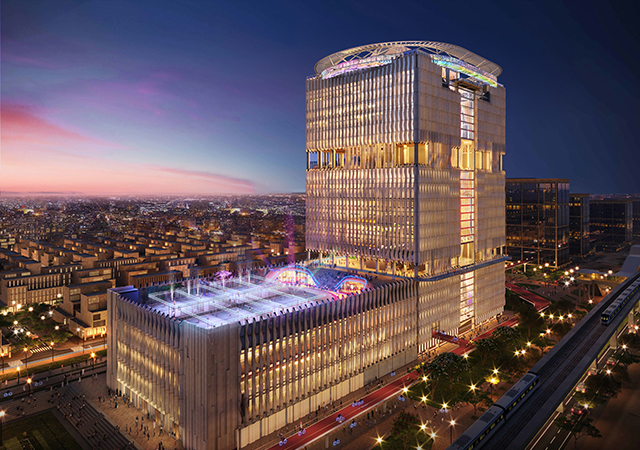
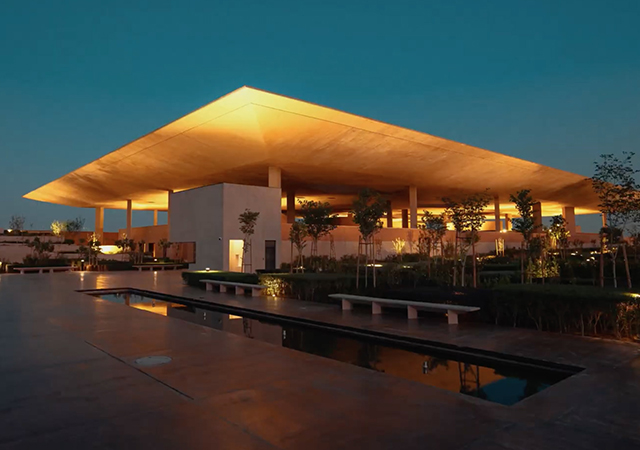

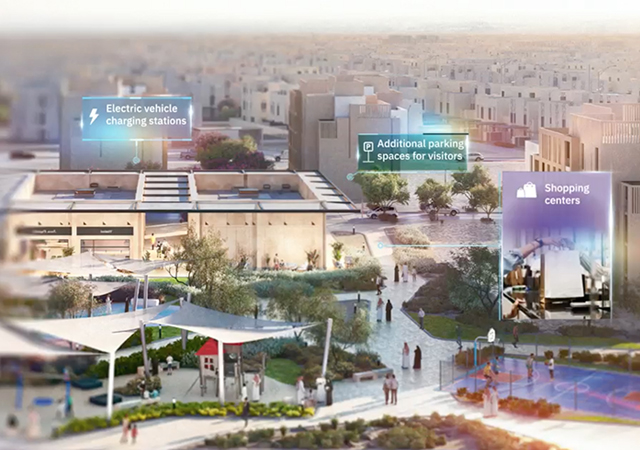
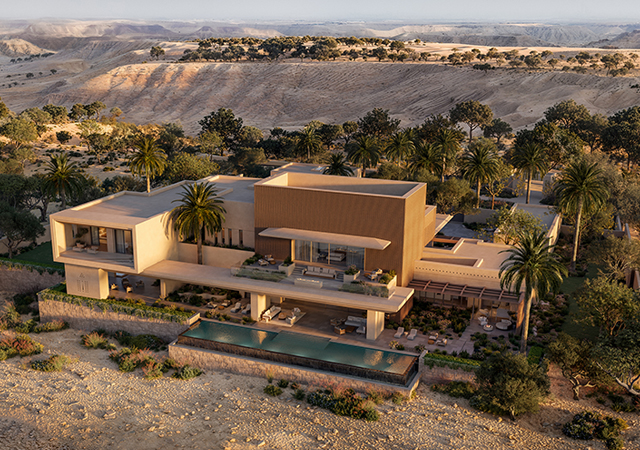
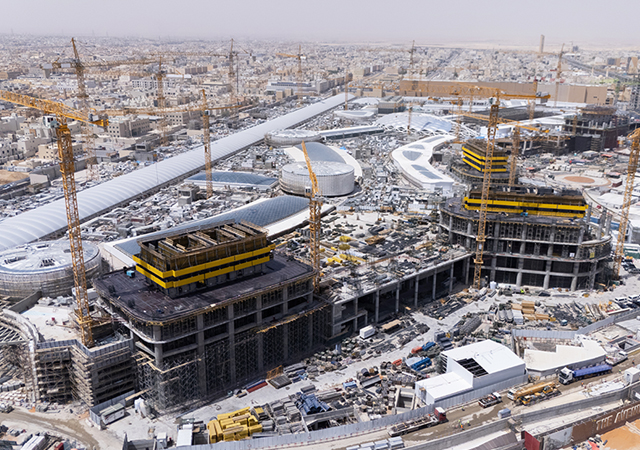
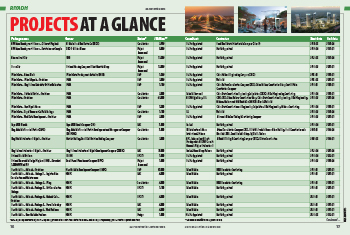
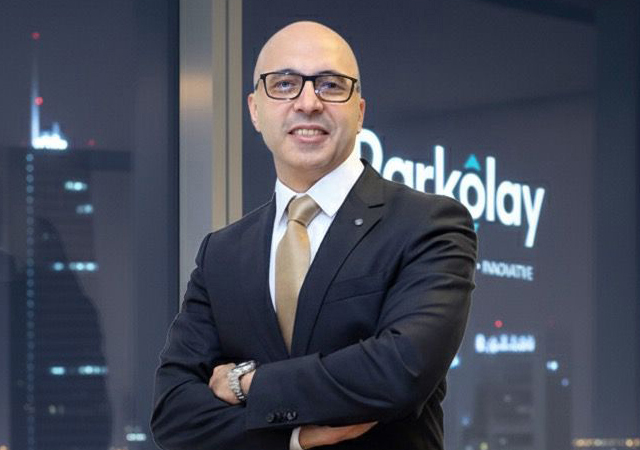



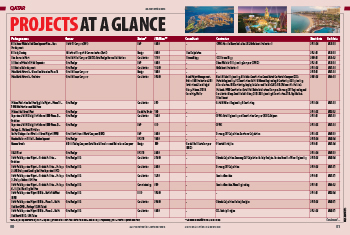
.jpg)
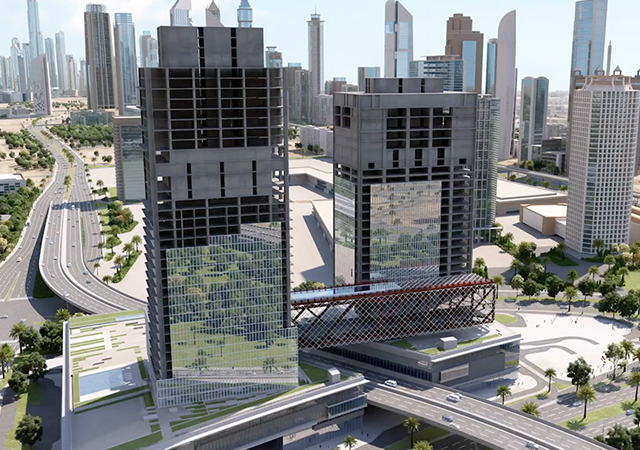


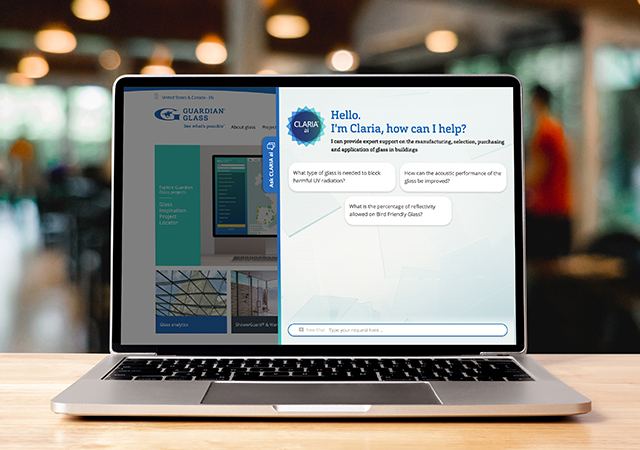

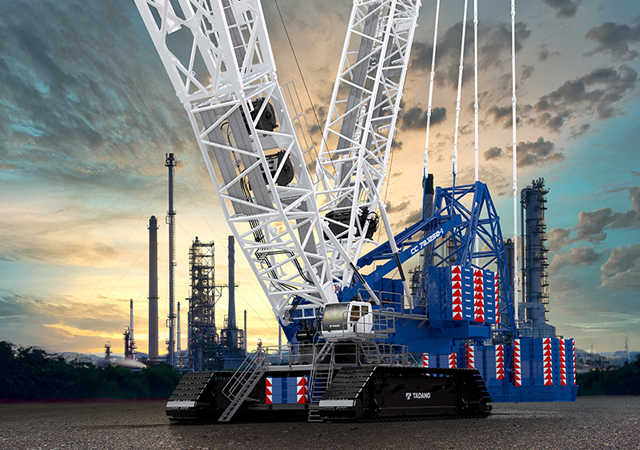
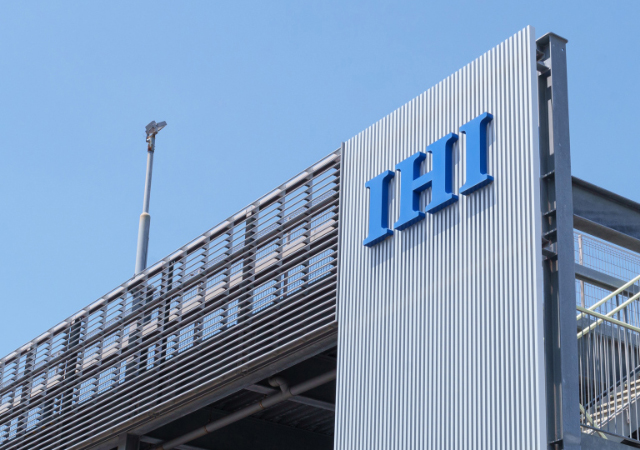
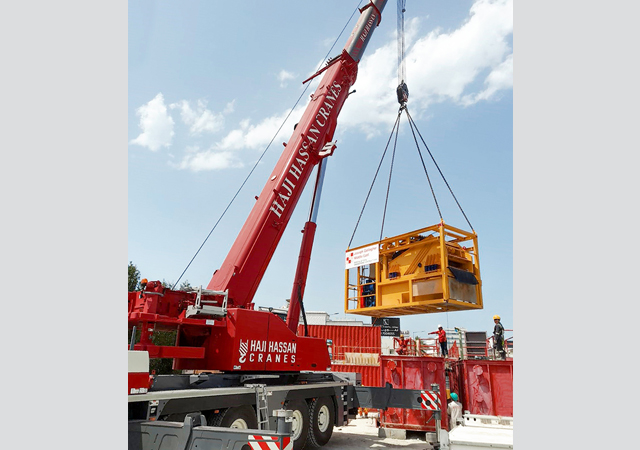
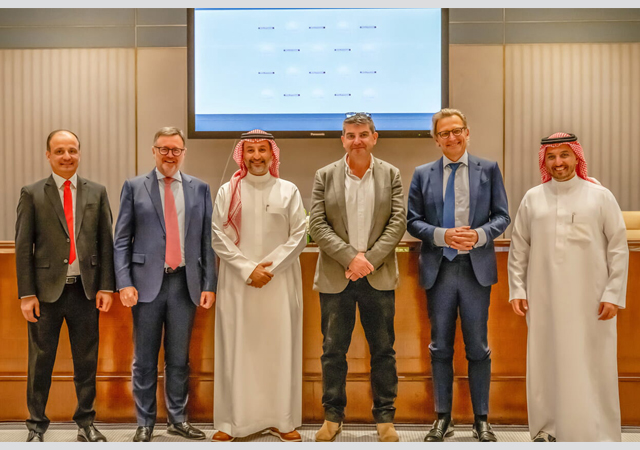
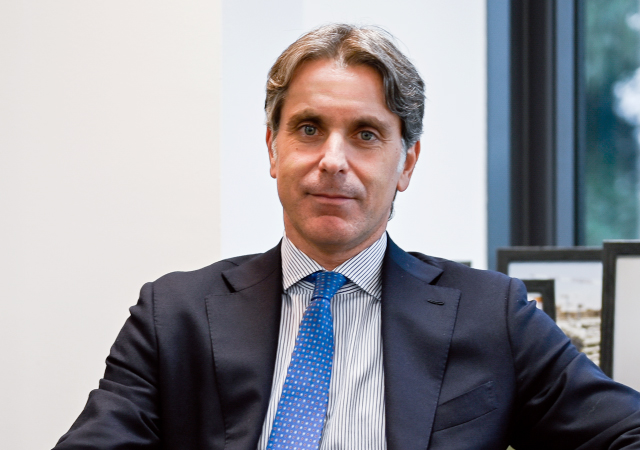
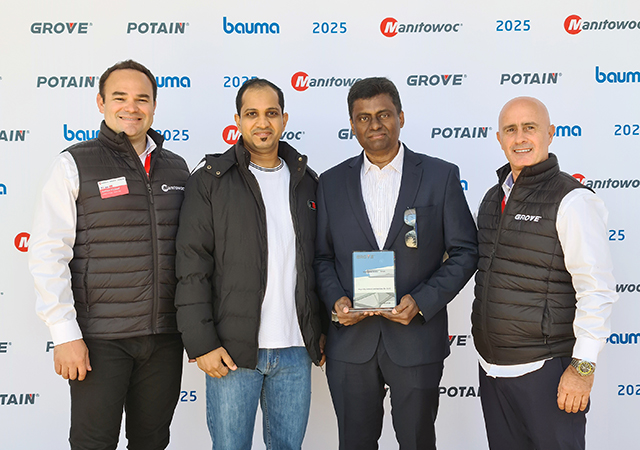
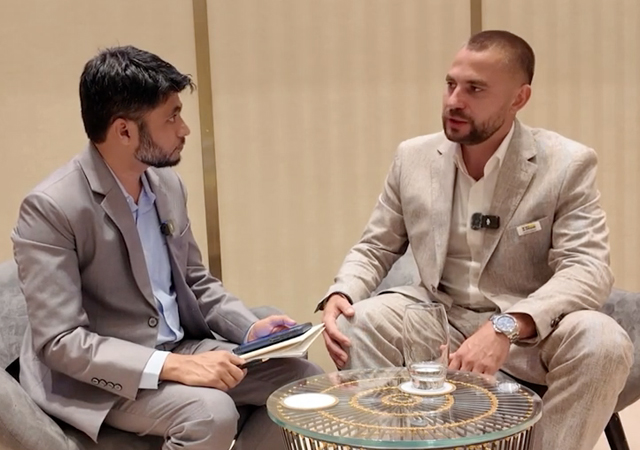
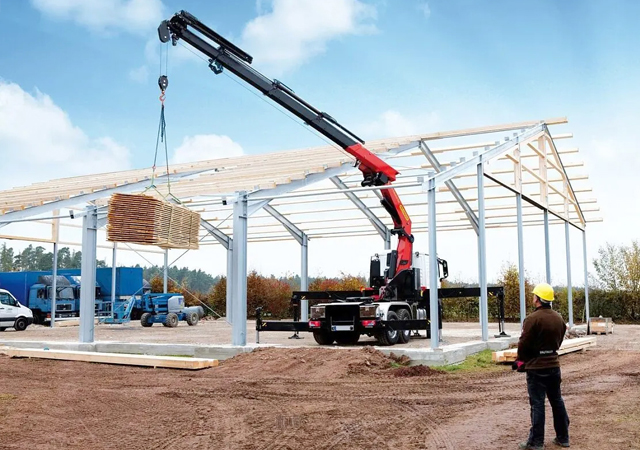
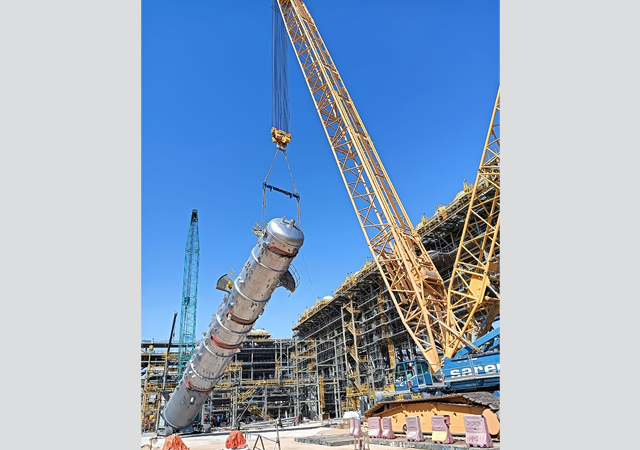
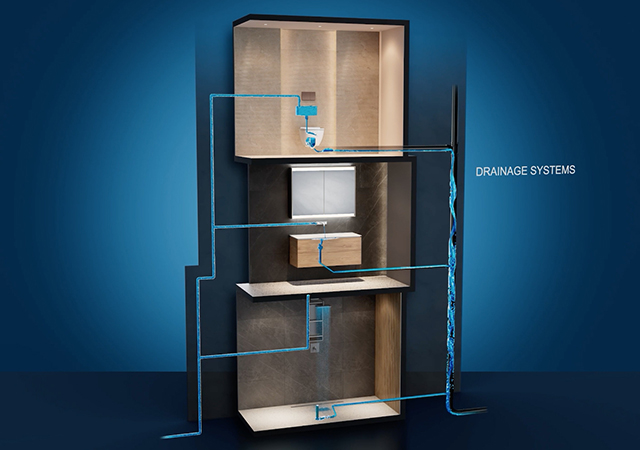
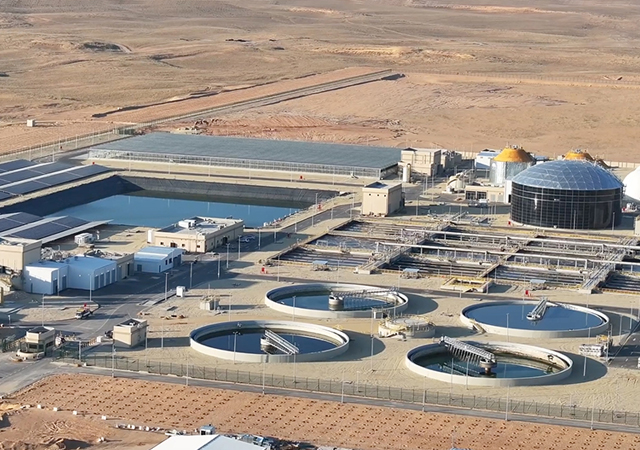

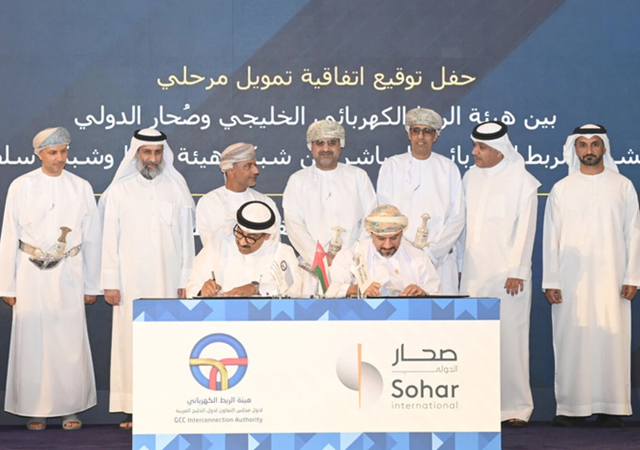

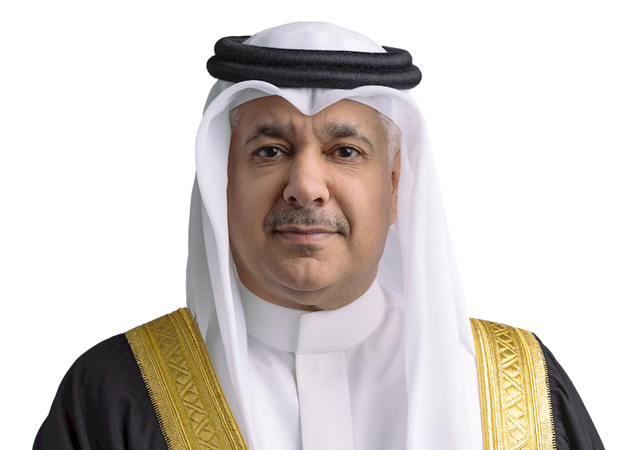
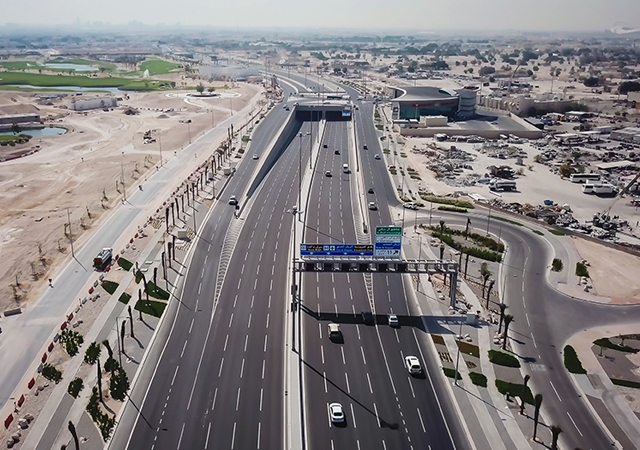
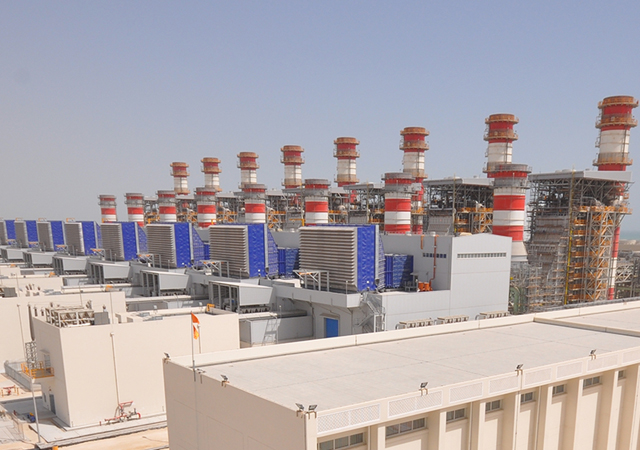
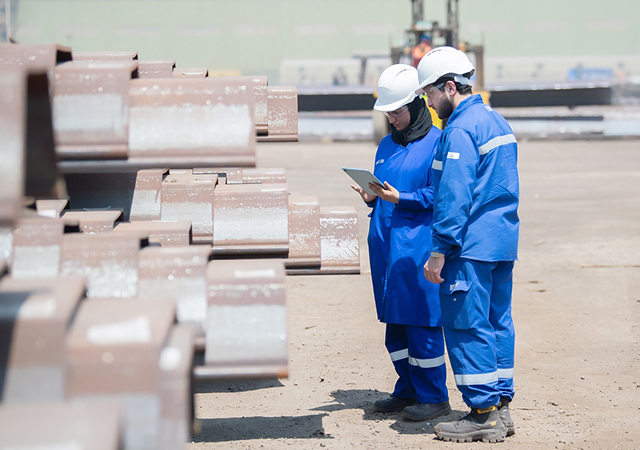
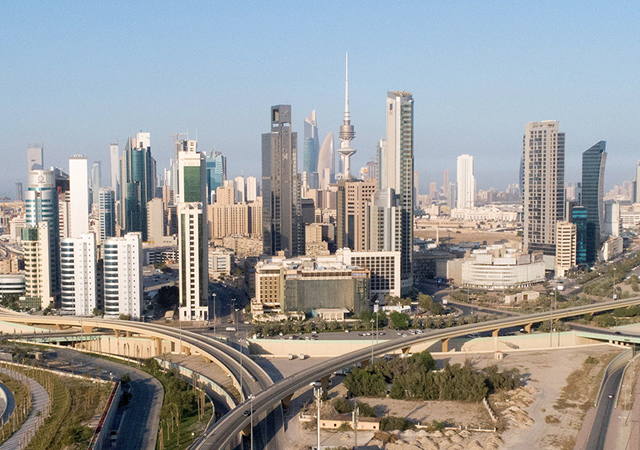
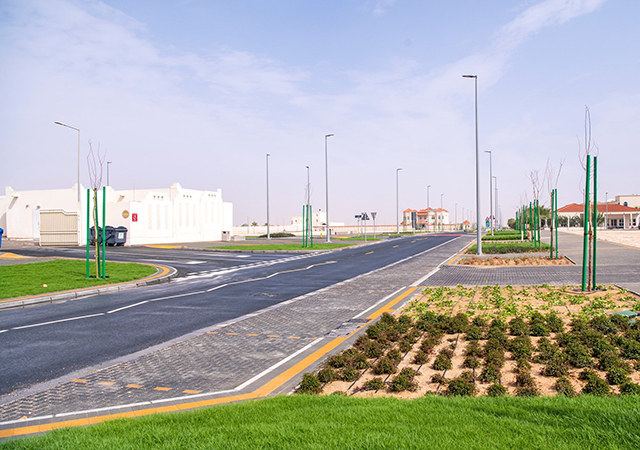
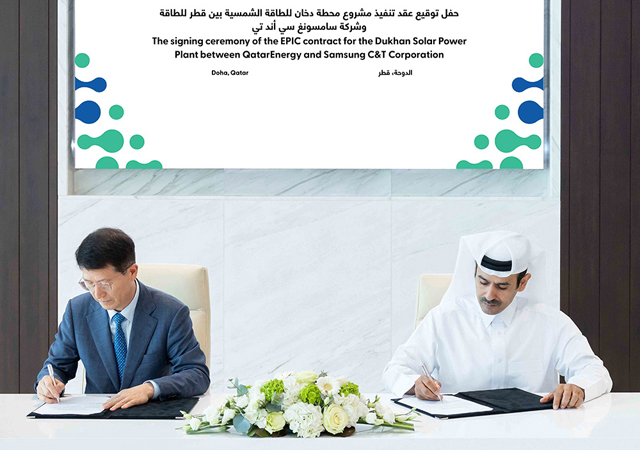
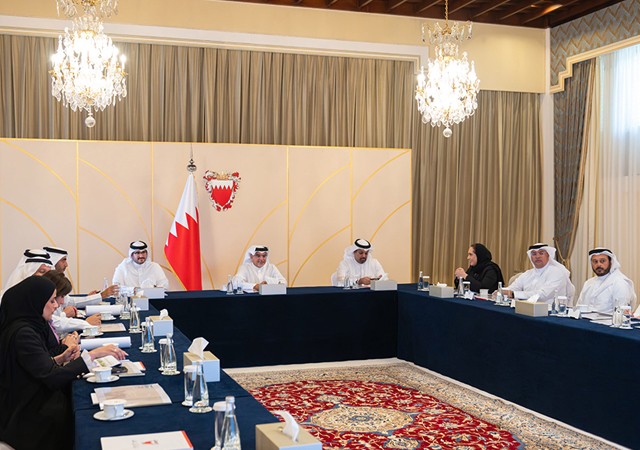

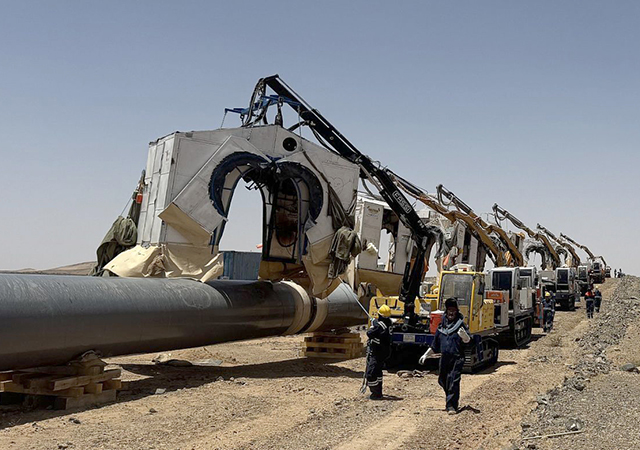
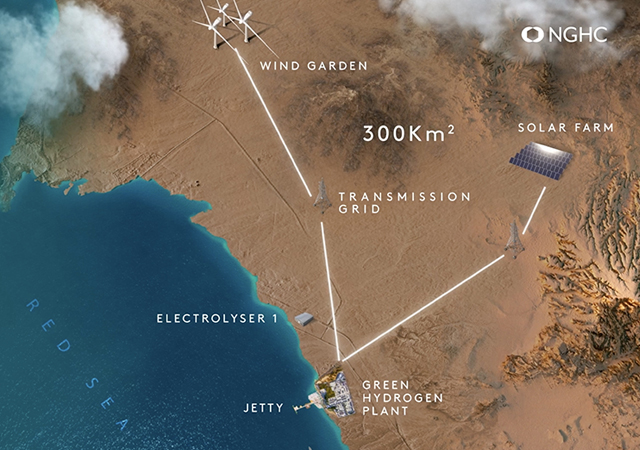
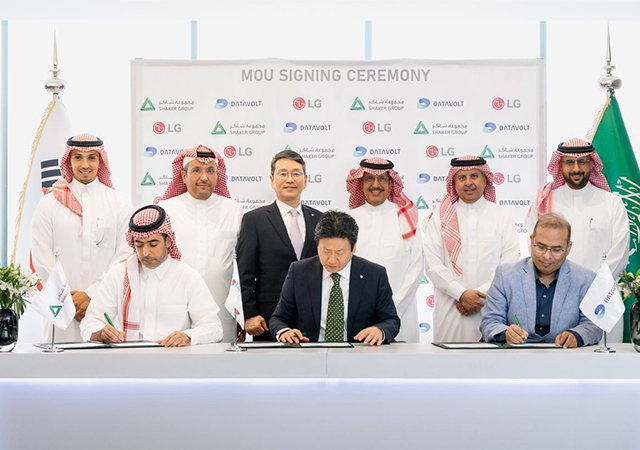
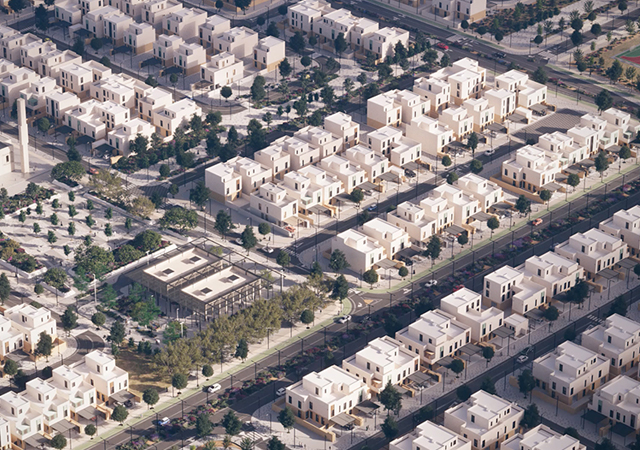
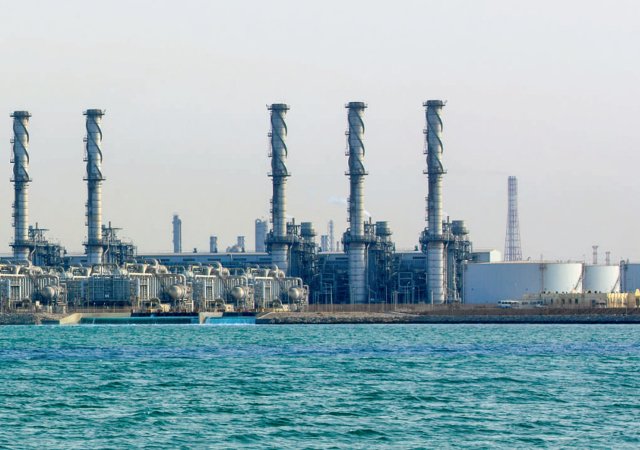

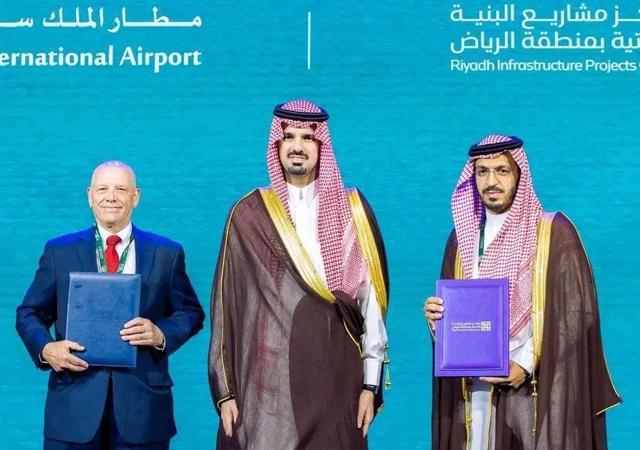

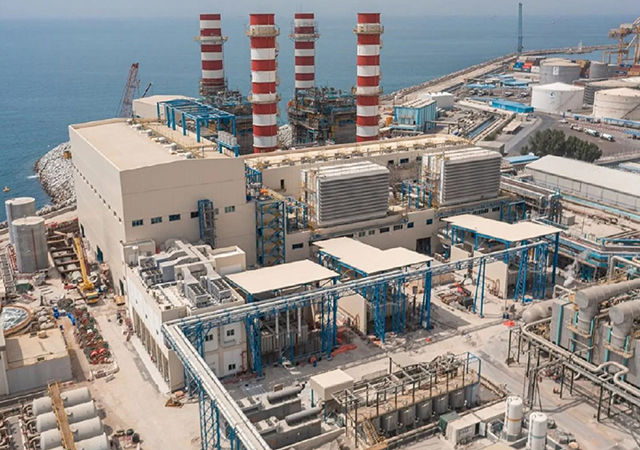
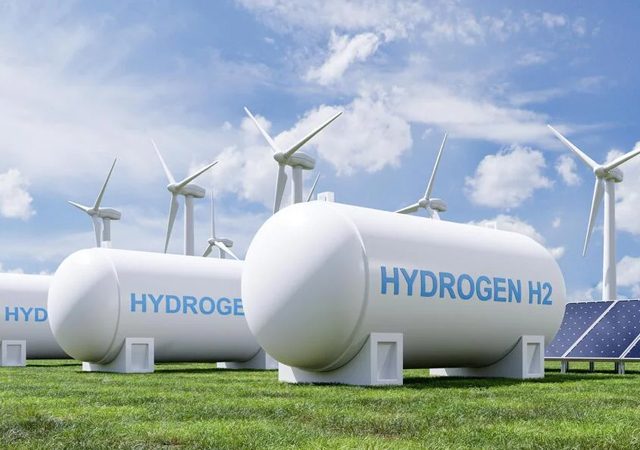

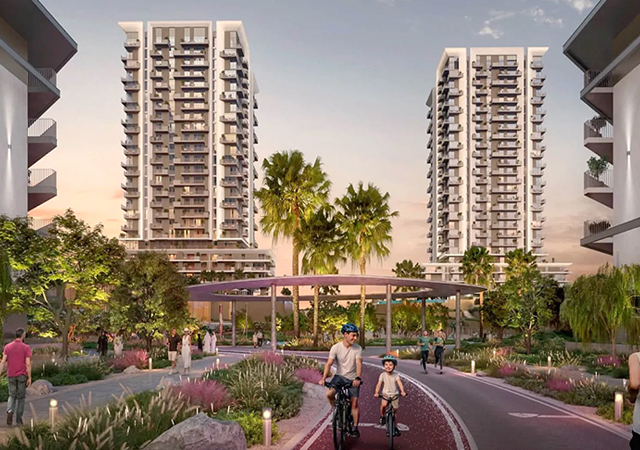
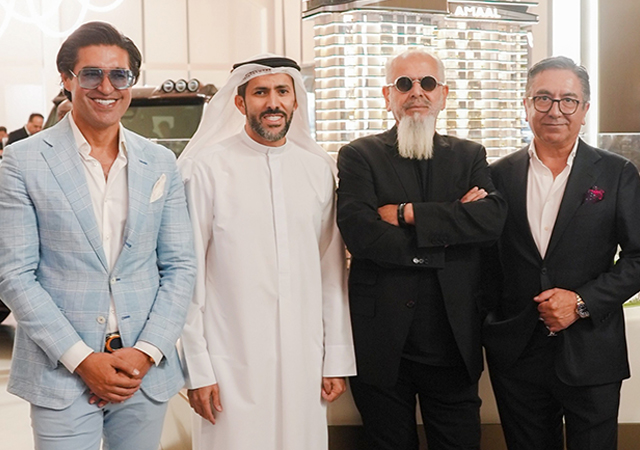

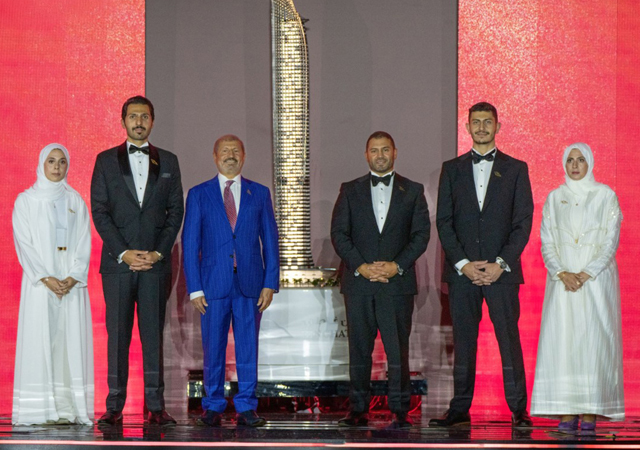
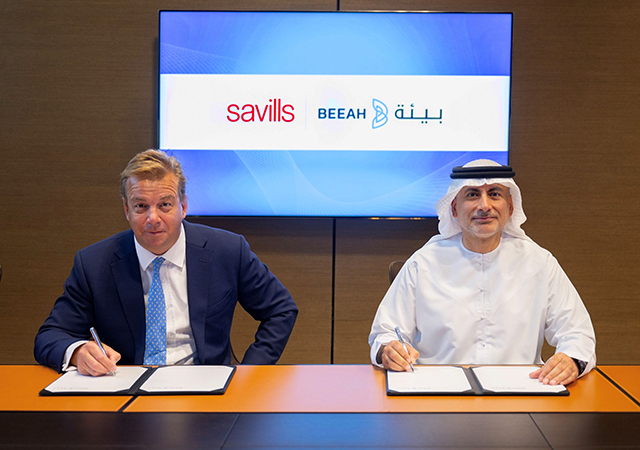




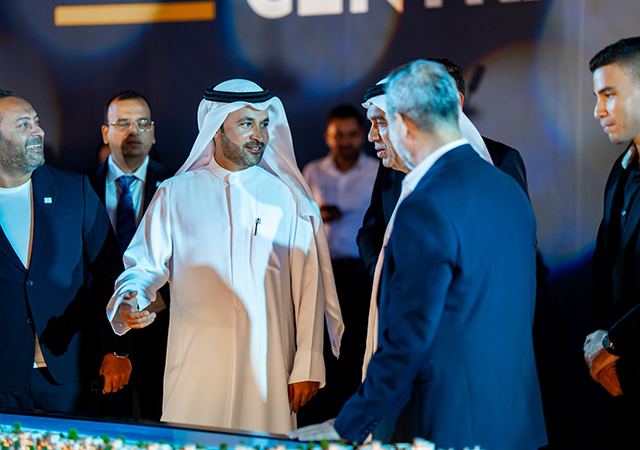
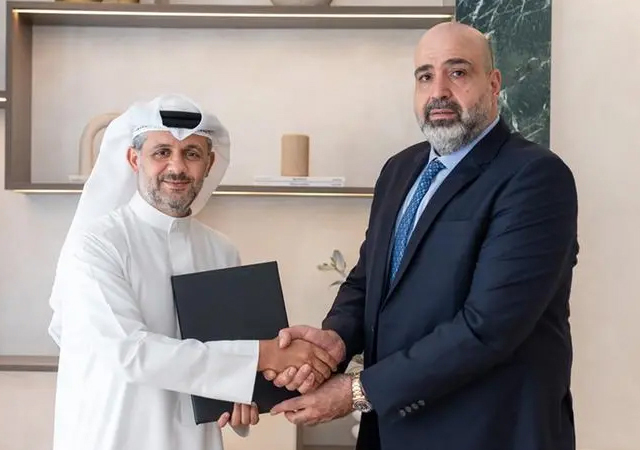
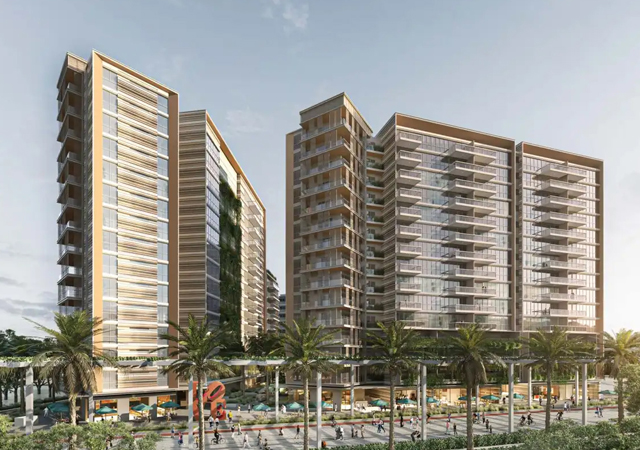
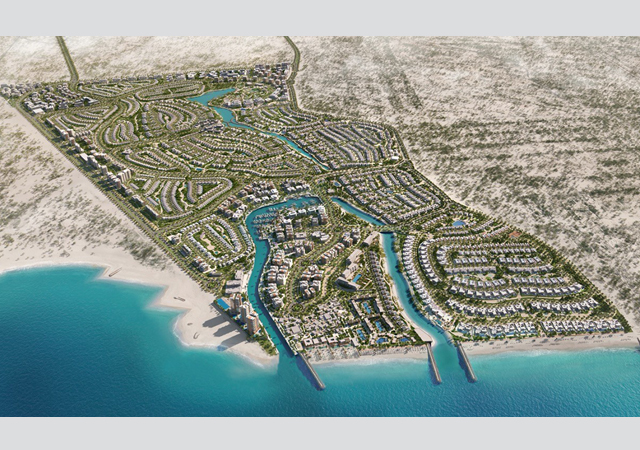
.jpg)

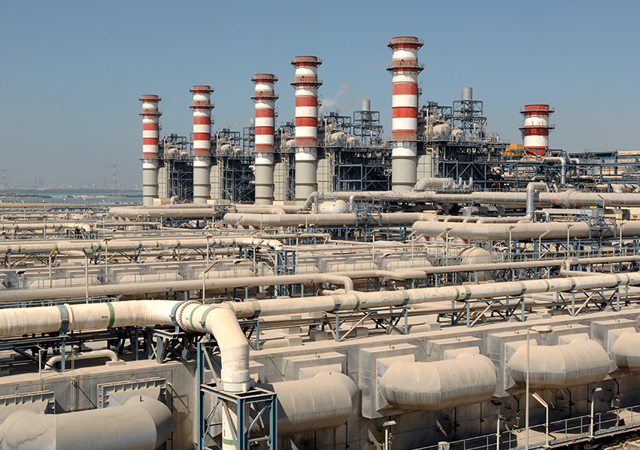
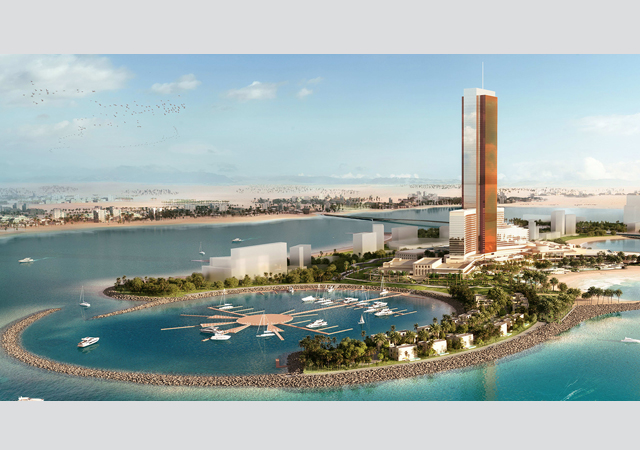
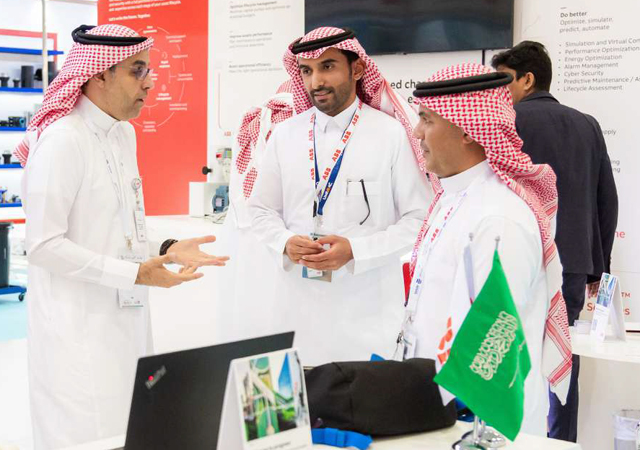
.jpg)
